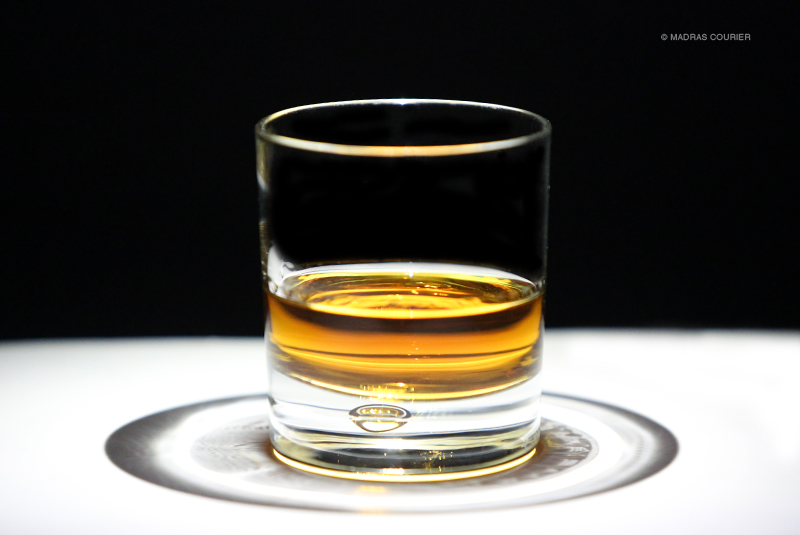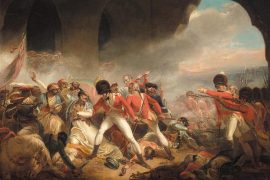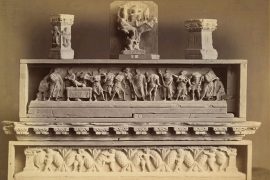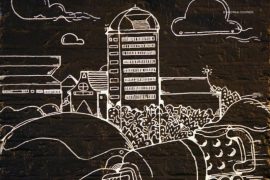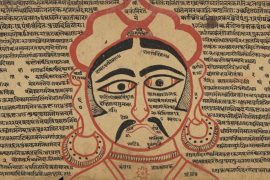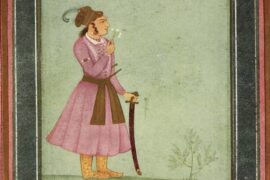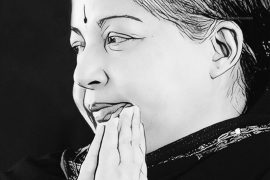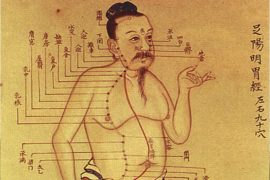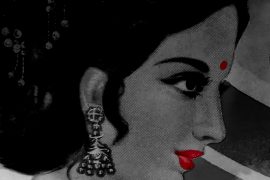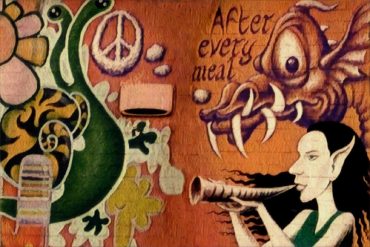One of the most extraordinary and longest-running cases of espionage carried out for financial gain occurred in India in the 1970s and 1980s and was originally based on industrial espionage. Coomar Narain, the Delhi representative of a Mumbai-based engineering and trading company SLM Maneklal, began modestly, using bottles of Johnny Walker Black Label whisky and small-scale payments to persuade government officials to tip him off to opportunities for the company to expand its business.
Having been a senior civil servant in the Commerce Ministry, Narain had built up a network of friends and contacts across the Indian Civil Service and set about exploiting it to obtain favourable business opportunities for his boss Yogesh Maneklal, the owner of the company. At the end of their working day, civil servants would drop into the company’s Delhi offices in Hailey Road, a tree-lined street in the upmarket embassy area of the Indian capital, where Narain would ply them with glasses of Black Label in exchange for information.
Narain had no plans for his corruption of Indian officialdom to evolve into anything more substantial, but with hindsight it always had the makings of a perfect long-term intelligence operation, starting modestly, with tit-bits of information passed between friends, and gradually growing into a widespread net of informers who seemed to have such trust in Narain that they happily handed him classified government briefing papers. While they gossiped and sipped whisky with their emollient host, one of his lackeys would take the documents round the block to the local ‘Quick Photostat’ shop, have a copy printed off and bring it back to their boss who would return the original to the civil servant and send them on their way, usually with a surprisingly small pay-off, a bottle of Black Label, a 100-rupees (less than £10) or even on occasion just 50 rupees. Sometimes, the document was sent on ahead of time, delivered by a young Civil Service office boy on a bicycle, so that it could be returned without any interruption to the conversation between Narain and his contact.
It was not until the late 1970s, as SLM Maneklal’s business expanded into the Soviet Union and other Eastern Bloc countries that the immense potential of Narain’s ability to persuade his former colleagues to hand over secret government documents came to the attention of people with wider interests, in the shape of the KGB. In exchange for favourable status for the company’s business operations across the Eastern Bloc, Narain began expanding his network, to take in senior civil servants inside the Ministry of Defence and even the offices of the Prime Minister and the President. He also stopped using the local ‘Quick Photostat’ and acquired his own photocopier.
Using a complex series of cut-outs, designed to continue the appearance of industrial rather than state espionage, Narain sold copies of literally hundreds of secret and top secret Indian government documents at £100 piece to a Commerce Ministry civil servant who then sold them on to two Indian businessmen operating in Eastern Europe. It was these businessmen who passed the documents on to Jan Haberka, the Delhi station chief of the Polish intelligence service Służba Bezpieczeństwa, his HVA counterpart Otto Wicker, and most importantly of all Gennadiy Afanasyevich Vaumin, the KGB Rezident in the Indian capital. The two Indian businessmen were rewarded for their role with lucrative contracts for their companies across the Eastern Bloc.
Copyright©Madras Courier, All Rights Reserved. You may share using our article tools. Please don't cut articles from madrascourier.com and redistribute by email, post to the web, mobile phone or social media.Please send in your feed back and comments to editor@madrascourier.com

